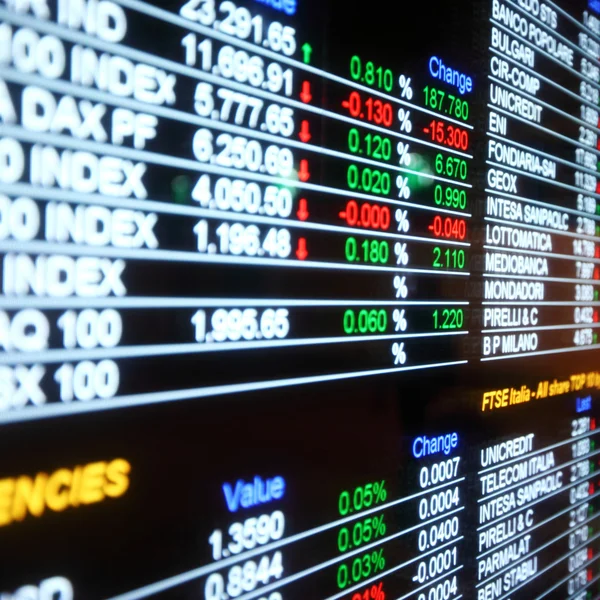Asian stocks climb as bank fears subside, with Hang Seng surge. Most Asian stock markets rose as regulators dismissed worries of a banking disaster.
Asian stocks soar markets rose as regulators played down concerns about a banking catastrophe.
The Hang Seng index in Hong Kong rose sharply. Investors applauded a major restructuring at e-commerce behemoth Alibaba Group
The Hang Seng Index rose 2.2% to a more than three-week peak, with Alibaba Group Holdings Ltd (HK:9988) rising almost 15%. The e-commerce company revealed plans to divide its operations into six distinct entities. Each with separate leaders and potential publicly traded listings.
Investors viewed the move as heavily positive, with hopes that it would draw less regulatory attention and produce higher future profits. Given that the six units constitute Alibaba’s major moneymakers.
Asian stocks take optimism from lessening banking woes
Further Asian stocks rose as overnight remarks from US regulators reaffirmed the banking system’s resilience. And cited the recent failure of SVB on incompetence instead of systemic risks.
The remarks, combined with a lack of bad news from the banking sector in the last two weeks. has served to alleviate fears of bank failure in the United States. As a result, buyers carefully purchased risky Asian markets.
The Nikkei 225 index in Japan rose 0.4%. Boosted by a 5% increase in SoftBank Group Corp. (TYO:9984), which holds 13.5% of Alibaba.
The stocks market gains are restricted by higher treasury yields
However, profits were restricted by an overnight rise in US Treasury yields. As markets factored in the possibility of further Federal Reserve policy tightening.
Indonesian stocks headed the way higher in Southeast Asia, rising 0.8%, while Australia’s ASX 200 rose 0.2% following milder-than-expected inflation data. Which reinforced the argument for a break in the Reserve Bank’s hike in the rates cycle.
However, Chinese stocks trailed behind their Asian counterparts, with the Shanghai Shenzhen CSI 300 indicator rising 0.2 percent. But the Shanghai Composite fell 0.1%. Investors reduced their bets on a Chinese rebound this year as the country terminated three years of anti-COVID lockdowns. Owing to uncertain economic readings.
China’s vast export sector is struggling with weak foreign demand, while domestic manufacturers are also operating at or near capacity. This week’s focus is on Chinese business activity data, which is expected on Friday. Analysts anticipate some softening in March compared to the previous month, as the post-COVID economic growth winds down.
Forex in the Asian session. US dollar weaker
The US dollar had trouble recovering its footing on Wed, after two days of declines as the world’s financial markets gained some stability. Amid optimism that a full-fledged banking crisis can be avoided.
The dollar index, rose 0.08% to 102.57 in Asian trading, after falling by roughly 0.3 percent in each of the previous two sessions. Amid an increase in US Treasury yields, the decline is due to decreasing appetite for safer assets.
In the run-up to the end of the Japanese fiscal year on Friday, the yen stayed volatile. The dollar increased by 0.59% to 131.68 yen, reaching a one-week peak of 131.80. The yen had fallen 0.5 percent on Tuesday when it moved in the reverse direction of long-term US Treasury yields.
The Australian dollar fell 0.16% to $0.6698 shortly after consumer inflation in Australia slowed to an 8-month low. Supporting the case for the Reserve Bank to halt its rate increase drive next week. Futures now indicate a five percent chance of a rate hike, down from 15% prior to the data being released.









